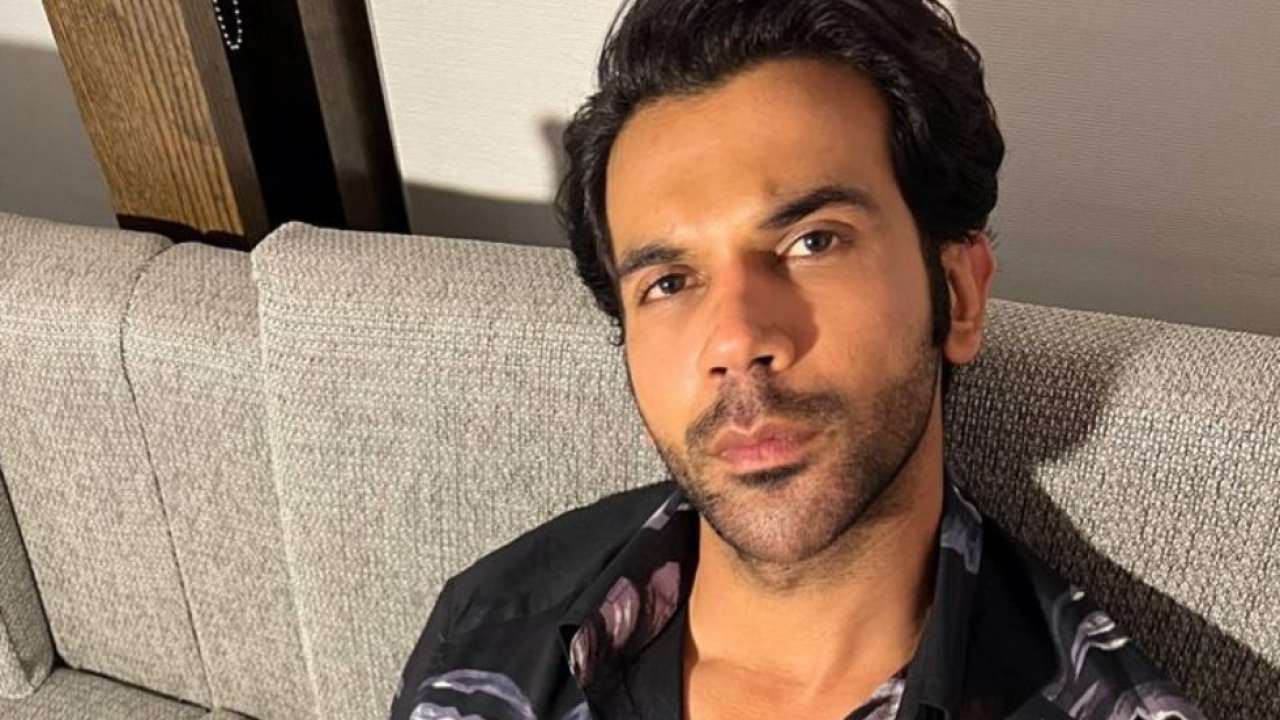Ponzi schemes in Karnataka: Investors seek quick refund
Depositors voice their concerns during a meeting at VV Towers
BENGALURU: Tens of Ponzi scheme victims from across the state gathered in the city on Saturday and demanded quick action for refund of their money.
During a meeting at VV Towers under the banner of Nagarika Shakti, a not-for-profit group, the investors expressed concern over delay in the process of refunding their money despite agencies such as the Enforcement Directorate and Criminal Investigation Department confiscating documents and other relevant evidence from the companies that cheated them.
Pointing out that more than Rs 5,000 crore has been lost to various Ponzi scams such as Kanva, IMA, Ambidant, Ajmera, Aala and Injaz, investors said they have visited the offices concerned multiple times but to no avail. "Officials must act in accordance with the Karnataka Protection of Interest of Depositors (KPID) Act, 2004. However, from what we've experienced, there seems to be a deliberate delay from the officials' side," they alleged.
According to Narendra Kumar, president of Nagarika Shakti, the main demand is "quick action for refund" for about 2 lakh Ponzi victims after delays due to "vested interests". "If the demands are not met by October 15, a protest demanding removal of a few senior officers will be organised, as we feel the officers are trying to sabotage the refund process. Even the development of the online claim software has been stalled," he said.
B Laxman, a victim, said his wife had invested in Kanva's fixed deposit scheme. It matured and the company was to pay Rs 10 lakh. "The company said they would deposit Rs 1 lakh and the remaining would be kept as an equity investment while we would get Rs 60,000 every six months.," he said.
A victim of the Ambidant scam, Reshma Sultan said, "After investing, I got my returns for about four months but after that, the company did not respond.
They have Rs 2.5 lakh of my savings."
Kumar said the victims would continue their politico-legal struggle and even visit the additional secretary and revenue minister later this month demanding the removal of corrupt officials.




